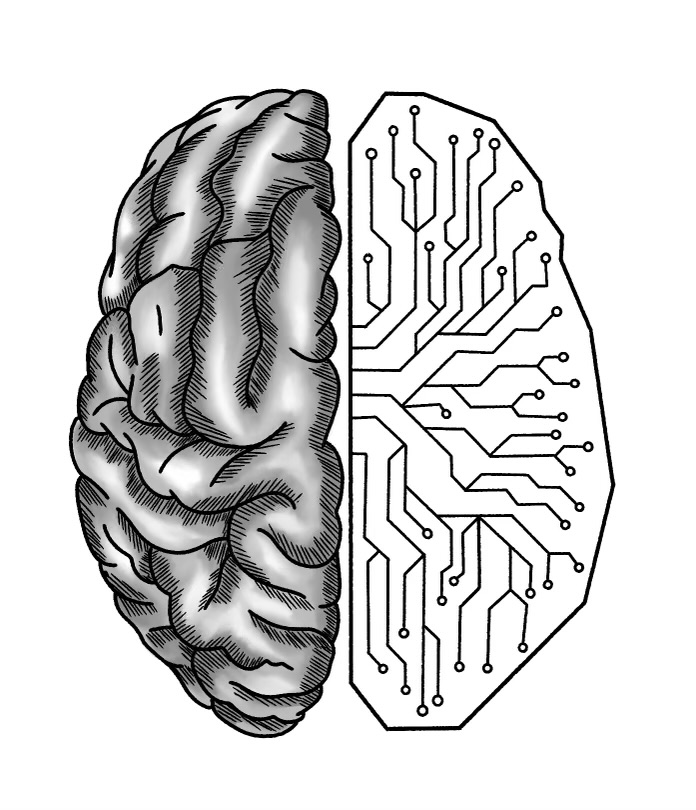A couple of weeks ago my phone was bombarded with videos and images of a fight in the English hallway. Onlookers egged the fighters on while teachers and admin screamed as the circle of students watching the aggressive altercation grew. There was only one voice pleading that the individuals who were fighting should stop. I got the videos just minutes after the fight had taken place.
Besides the smiles and laughter coming from the rowdy crowd, most of the students spectating had one thing in common—they had taken out their cell phones to record videos of the fight. The clips were sent throughout the student body by text message and social media applications such as Snapchat, and by the end of the day, it seemed almost everyone in the school had seen a glimpse of the fight, either on their phone or in person.
Although we don’t always see fights in the hallways of Redwood, the footage on our phones is a reminder that we do constantly see people absorbed in their virtual lives rather than the ones they are physically living.

This obsession over technology was made more apparent to me a few weeks ago when I attempted to participate in Analog Week in my AP English Language and Composition class. Analog Week challenges people to abstain completely from technology––apps, music, TV, and all other technology-related distractions are eliminated for seven days. As I struggled to keep my hands off my iPhone, the overall problem became apparent to me―technology is taking over our lives.
According to a study by Pew Research in 2012, 67 percent of cellphone users find themselves checking their phones for texts calls and messages even if they didn’t feel a buzz or hear a ring. In addition, 87 percent of cellphone users don’t worry about the amount of time they spend on their phones.
These statistics were not surprising to me, as I see evidence of this everyday. Every time I go out to dinner with a certain friend of mine, I can barely make eye contact with her because she is so enveloped by her phone. I am lucky if I can elicit a two-word response from her because she is so distracted by what her friend’s older brother’s girlfriend’s cousin is doing in Atlanta. I feel like I am talking to the wall.
Intimate times, like meals at the dinner table, aren’t the only moments when our cell phones prevent us from living in the present. A few years ago, I went to a concert, and in the middle of the show, the singer’s manager appeared on the big screen to make fun of the crowd for videotaping the performance instead of enjoying the music at that moment. He was right. The majority of the audience, myself included, was watching the concert through a smartphone screen instead of enjoying the actual performance in front of them.
The obsession is also apparent at sports games. Oftentimes, fans pull out their phones to take videos and pictures for keepsakes, yet they forget to cherish that they are actually there in person.
Technology has enhanced our lives in many ways, creating an easier way to communicate and share our lives with others through the internet. But at a time when technology has become such an integral part of our lives, we also need to remember to live in the present. So next time, when you experience something worthy to be captured, capture it with your eyes rather than your phone.






